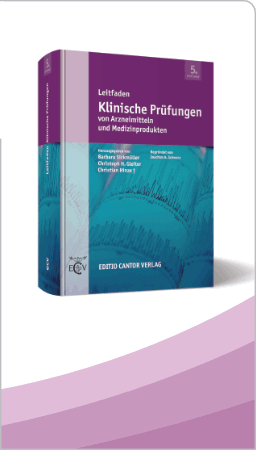Arzneimittelstudien bei Kindern in Deutschland Ergebnisse einer Evaluierung unter VFA-Mitgliedsunternehmen zur Durchführung von klinischen Prüfungen bei Minderjährigen Mareile Hark, Dr. Gerd Elvert und Dr. Ferdinand Hundt Sanofi-Aventis Deutschland GmbH, Berlin The majority of medicines prescribed for children is only licensed for adults. The exact dose, the metabolism and the side effects, especially in neonates and infants, have not been investigated yet, and formulations suitable for children are not available. The pharmaceutical industry is often accused of being cautious in conducting clinical trials in children, since they are more consuming in time and costs and contain many ethical obstacles. Already in 2000 a survey on clinical trials in children was carried out among companies belonging to the German association of researchbased pharmaceutical companies (VFA). The survey’s objective was to collect the extent of clinical trials conducted in children and the evaluation of the experience the pharmaceutical industry made in this respect. In 2005, five years after the first evaluation the authors re-interviewed 38 member companies about their activities in paediatric clinical trials. The VFA supported both surveys. The questionnaire was based on that of the first survey in order to be able to detect potential changes and tendencies. In a general part the authors wanted to find out, if and in which extent the companies had conducted clinical trials in children in 2003/2004, and if similar trials were planned for the coming two years. The companies were also asked to name the indications of the licensed paediatric medicines they market in Germany. In a specific part the companies were asked to give more detailed information on the studies they accomplished, i.e. indications, age groups, experiences in terms of organisation and ethical aspects, and inclusion rates in the international comparison. |
|
|
pharmind 2006, Nr. 6, Seite 693




